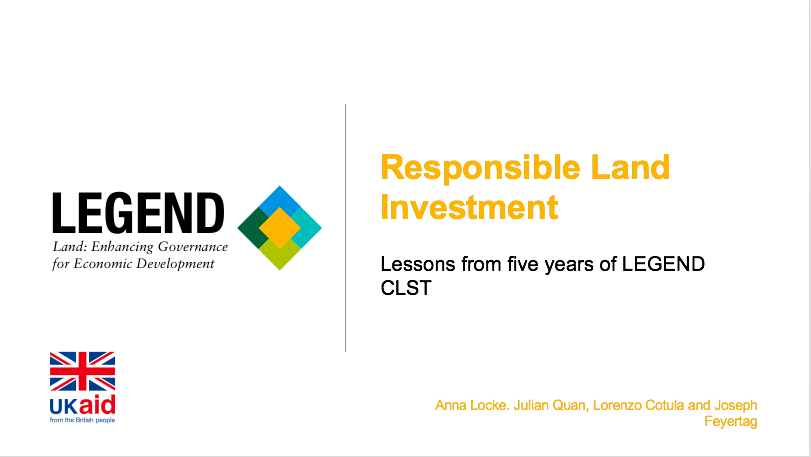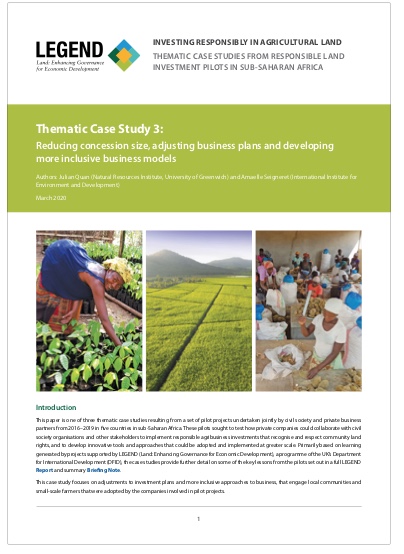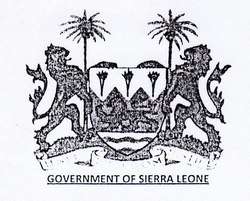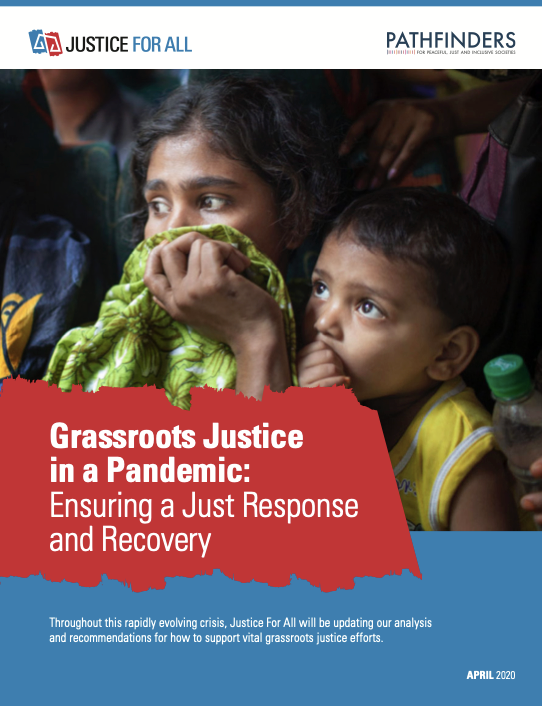Responsible Land Investment Lessons from five years of LEGEND CLST
There are different visions of what constitutes responsible land investment (RLI) and how to successfully implement it, but it is clear that legal compliance alone is not enough. This resource covers 7 Responsible Land Investment key lessons.






